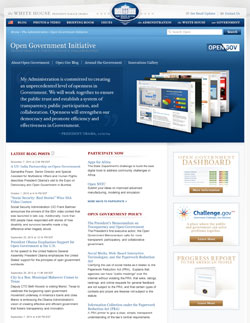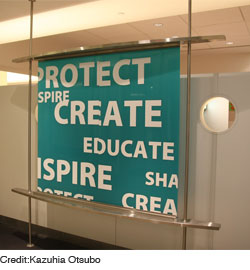I was researching case law on state court websites recently and surveying what’s out there and who’s publishing what, when I encountered something totally surprising: public domain citation formats. I thought I was pretty up-to-date on free law and access to public information, but I had never heard of this. I turned to my colleague Cicely, the Citation Geek, and asked her if she had heard of it. She was surprised, too.
It turns out that starting in 1996, state courts began creating their own citation systems, adding paragraph numbers to their opinions, and requiring citation to these opinions in their rules. The formats are called by various names: vendor neutral, universal, media neutral, and public domain. The citations are “vendor neutral” because they do not cite to a commercial reporter. They are “media neutral” because they can be used to cite electronic material (electronic access to public information was just ramping up in the late 90’s). They are “universal” and “public domain” because you do not need to rely on commercial publishers to get the official citation.
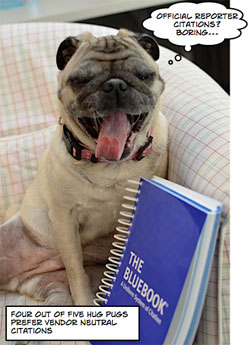 Friends, lawyers–did you know that the Bluebook is available online? I confess, I did not until a couple weeks ago.
Friends, lawyers–did you know that the Bluebook is available online? I confess, I did not until a couple weeks ago.
 The
The 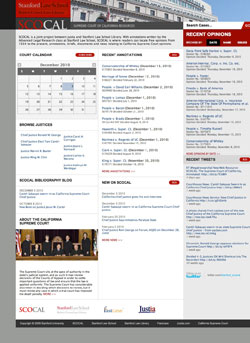 Last week marked the formal launch of a new Supreme Court of California resource center, SCOCAL (
Last week marked the formal launch of a new Supreme Court of California resource center, SCOCAL (
 Given that some of our favorite Justia supporters and friends are law librarians and to help get us all into the holiday spirit of the season, we thought it might be fun to put together a list of library and legal-themed gifts for those folks who keep us on track and organized when it comes to legal research and information. (And for those of our readers who practice law, fear not. We have a separate list coming out for you this week as well!)
Given that some of our favorite Justia supporters and friends are law librarians and to help get us all into the holiday spirit of the season, we thought it might be fun to put together a list of library and legal-themed gifts for those folks who keep us on track and organized when it comes to legal research and information. (And for those of our readers who practice law, fear not. We have a separate list coming out for you this week as well!)
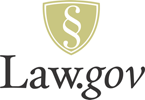
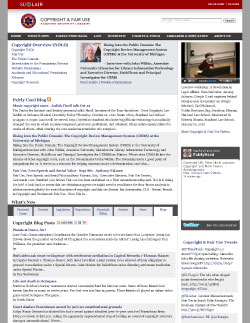 One of the pro bono projects we’ve been able to work on here at Justia is the
One of the pro bono projects we’ve been able to work on here at Justia is the 